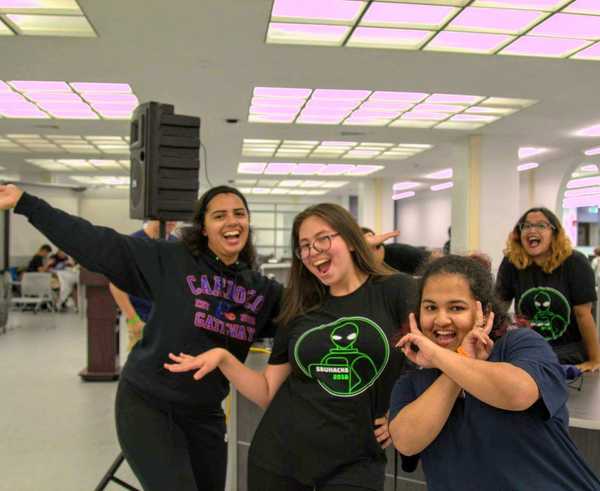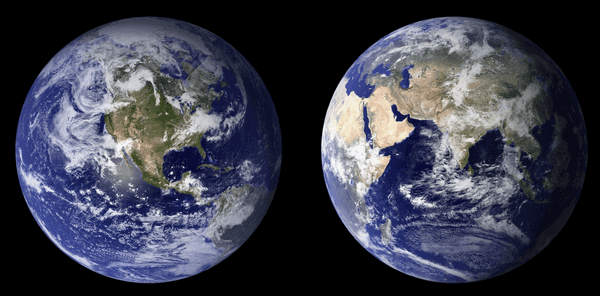There is never a dull moment in America. Family separation and nightmare-like conditions at the border. Current and ever-changing relations with Iran. Police brutality and increasing racial tensions. Climate change. The Trump administration. Monumental things are happening right now.
But, taking a step back, that statement alone seems to carry some unseen baggage. To say, "monumental things are happening" is, to an extent, subjective. That is my opinion. That is how I see the world we are living in. Even if millions of Americans agree with it, public sentiment is still sentiment, not fact. You're probably wondering where I am going with this, but I promise you, this is more than a random stream of consciousness. I want to dig into how we, as individuals and as a society, look at the world around us in the context of history.
I know it sounds obscure, but bare with me. I've noticed that we tend to think of history as something so grandiose that nothing can quite size up to it. Though we've been told time and again that history is destined to repeat itself, we never believe that the moment we are living could ever be as monumentally historic as what we have read in textbooks. Somehow, society has adopted the notion that the moment they are living is destined to be forgotten.
By looking at history in such a way, we have created a fable as opposed to a potential reality. Take for example the comparisons made between Hitler and Trump in 2016 or Congresswoman Alexandria Ocasio-Cortez's comparison of border camps to concentration camps; why are these comparisons seen as such controversial statements? The answer: because of how we look at history.
We've taken history, which was once someone's reality, and made it into something so grandiose that we have dehumanized it. We look at concentration camps and the rise of Hilter, among other historic events, as being something so villainous and unimaginable that we can not seem to fathom that an event nearly or equally as monstrous could happen today, in our own reality.
We can all agree that concentration camps marked a monumental historic event and that Hitler was a vile person whose mark on the word was horrific and, also, a monumental historical event. These are facts we can all agree on, but because of how we look at history it becomes taboo in the eyes of some for AOC to compare border conditions to concentration camps and for journalists to compare Trump's rhetoric and rise to power to that of Hitler. And for me to call an event monumental becomes an opinion because there are people so stuck in believing this moment can not live up to history as they know it, that the unacceptable becomes accepted as commonplace in society.
But, as we have always been told, history does in fact repeat itself. Even if not always literally, we must come to terms with the fact that the events of today will be the history of tomorrow whether we like it or not and it is up to us to decide how it will be written. It is up to us to decide how climate change will play out in history. It is up to us to decide how family separation and the conditions at the border will play out in history. It is up to us how relations with Iran and racial tensions in the U.S. will play out in history. And possibly the most overarching of all, it is up to us to decide how the Trump administration will play out in history. Once we take it upon ourselves to understand how monumental today is and how historic it can be, we gain control of deciding what our reality and what our history will be.
- We Need More History Classes In U.S. Schools ›
- Have We Truly Learned From History? ›
- Why Learning History Is Important Today ›
- Why I Love History ›
- Why History? ›
- Learning from history, predicting the future: the UK Dutch elm ... ›
- 'Learning From History': A Goal? A Delusion? A Trap? - The Atlantic ›
- Why We Refuse to Learn From History - Big Think ›
- How Americans learn and don't learn from history (opinion) - CNN ›
- How Do We Learn from History? | Perspectives on History | AHA ›



















